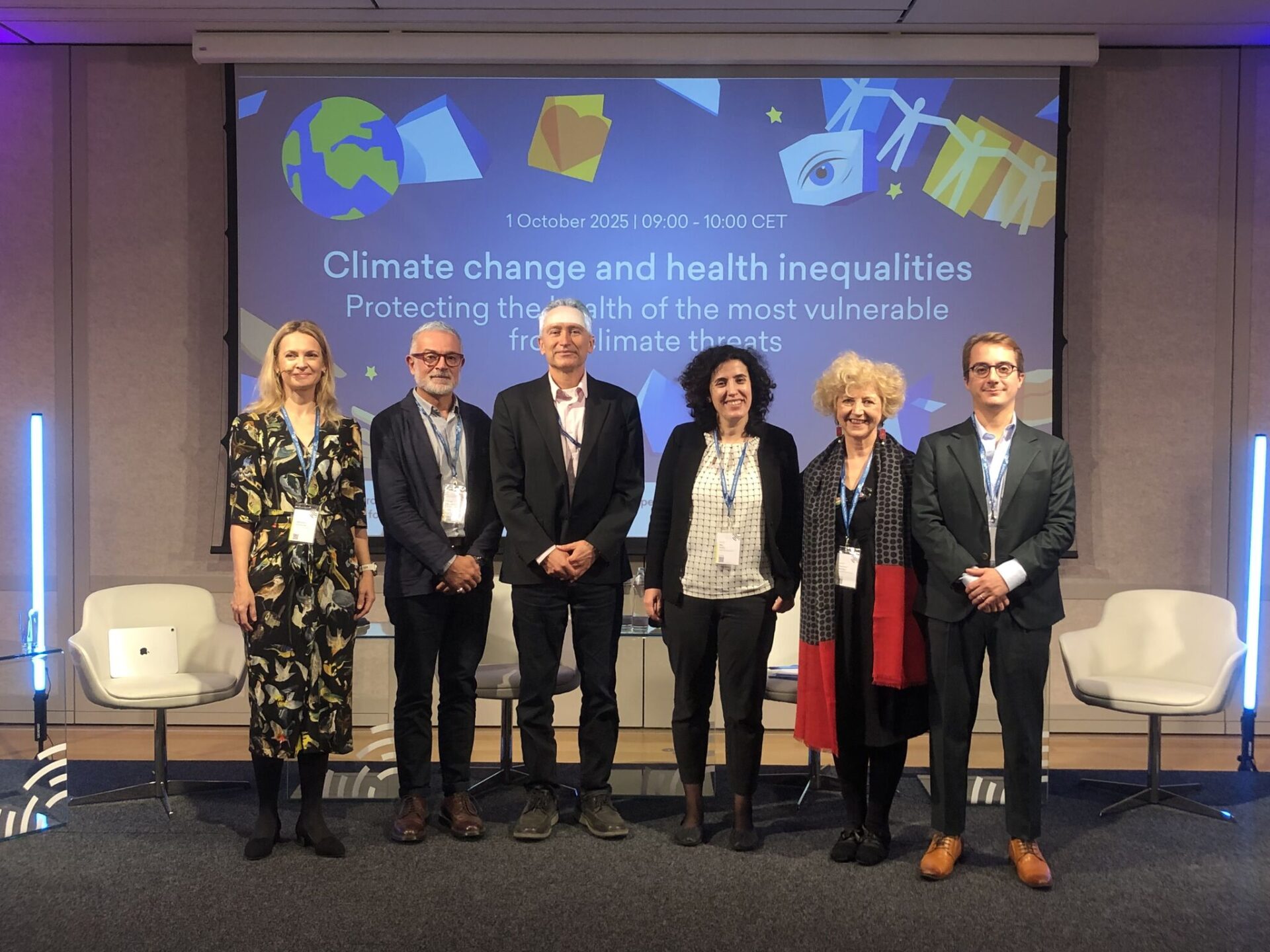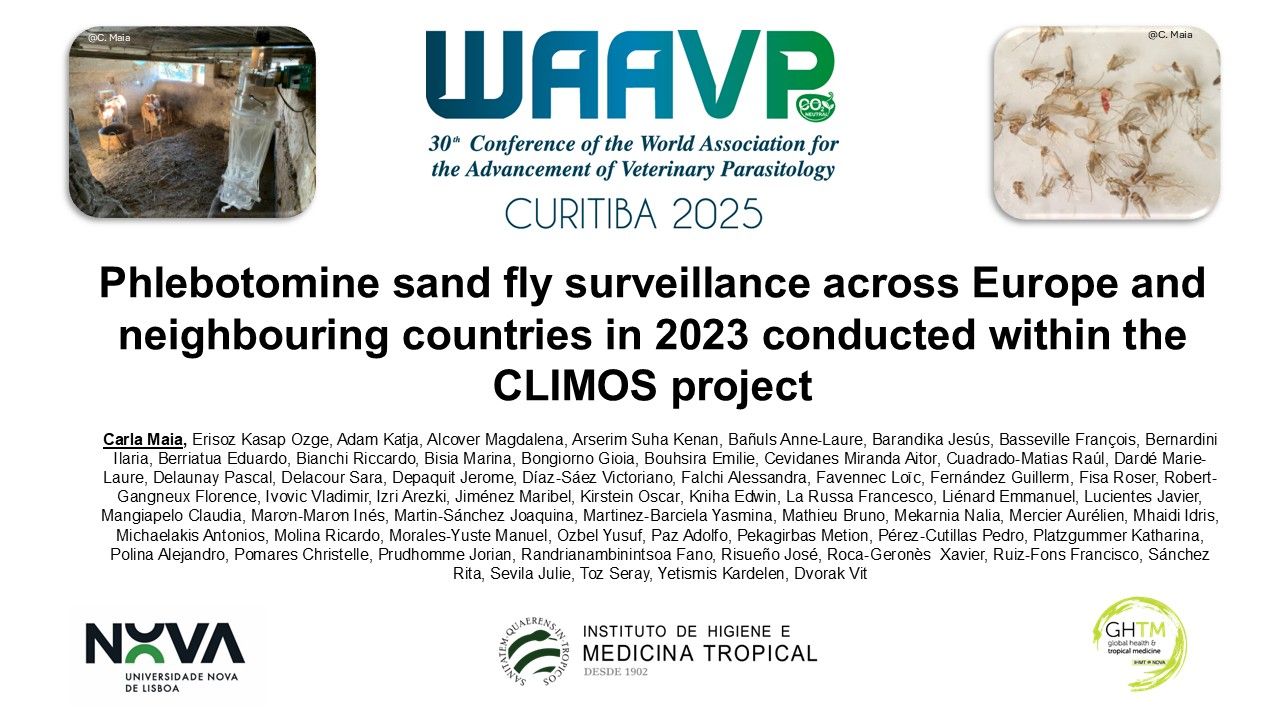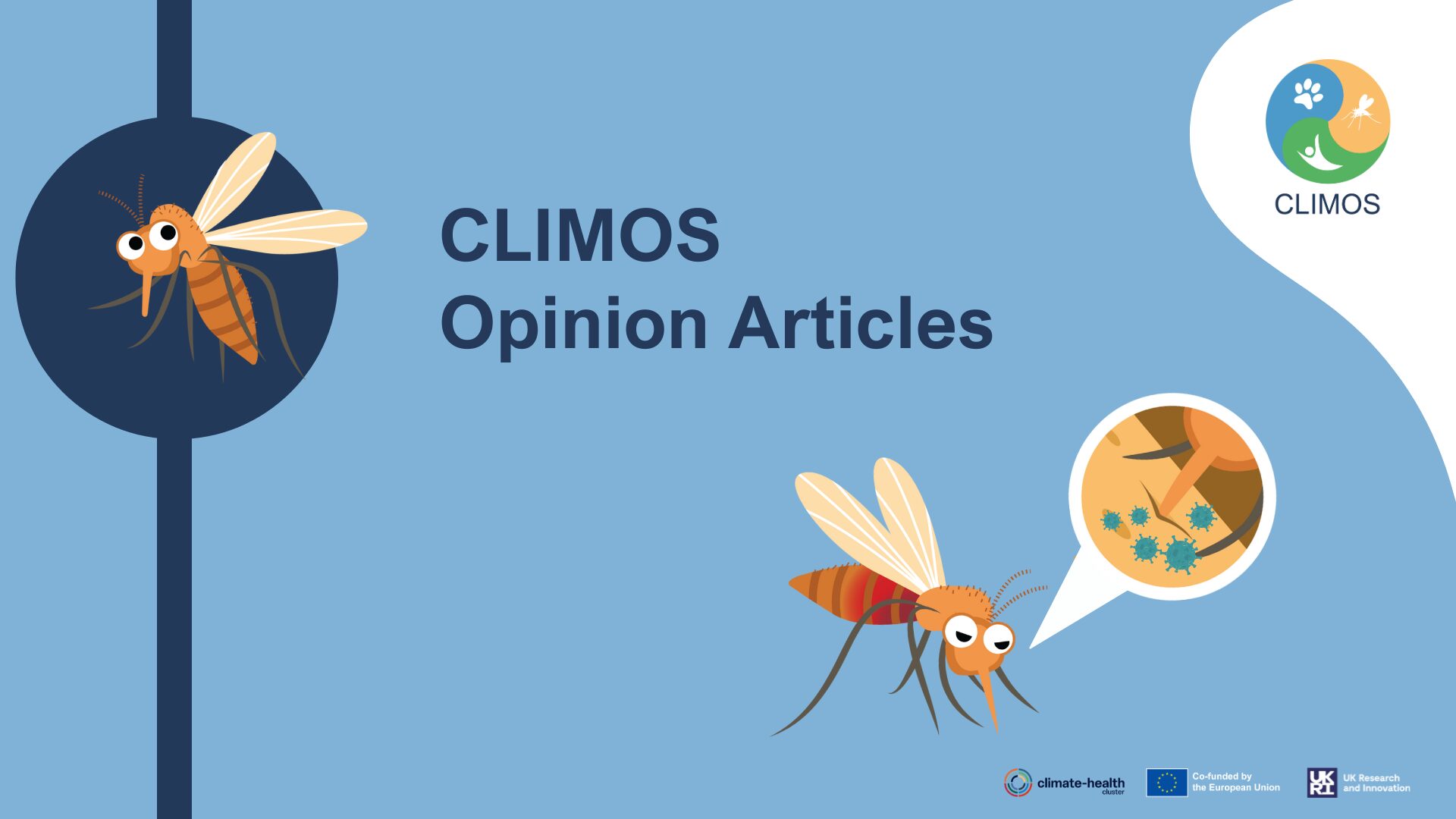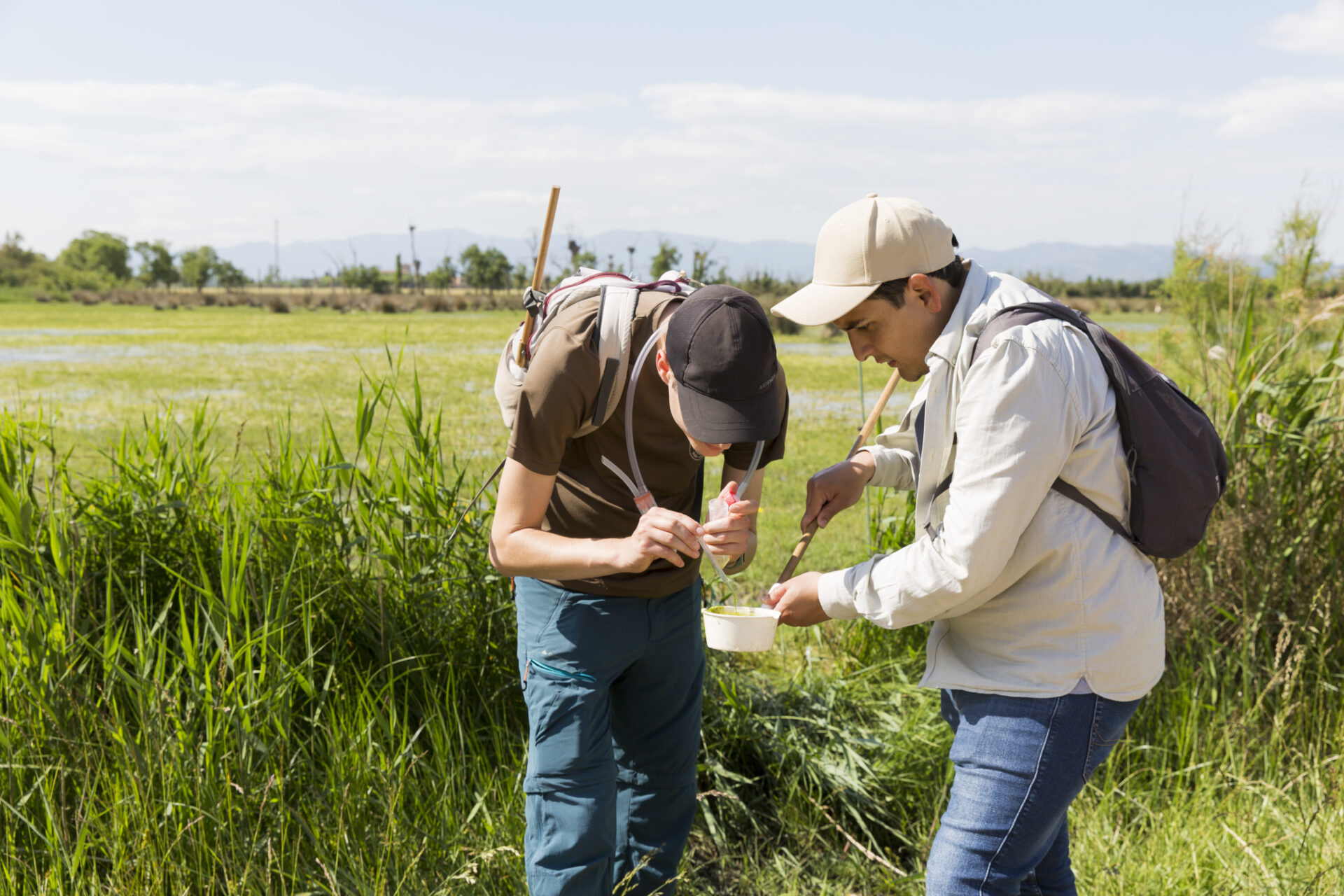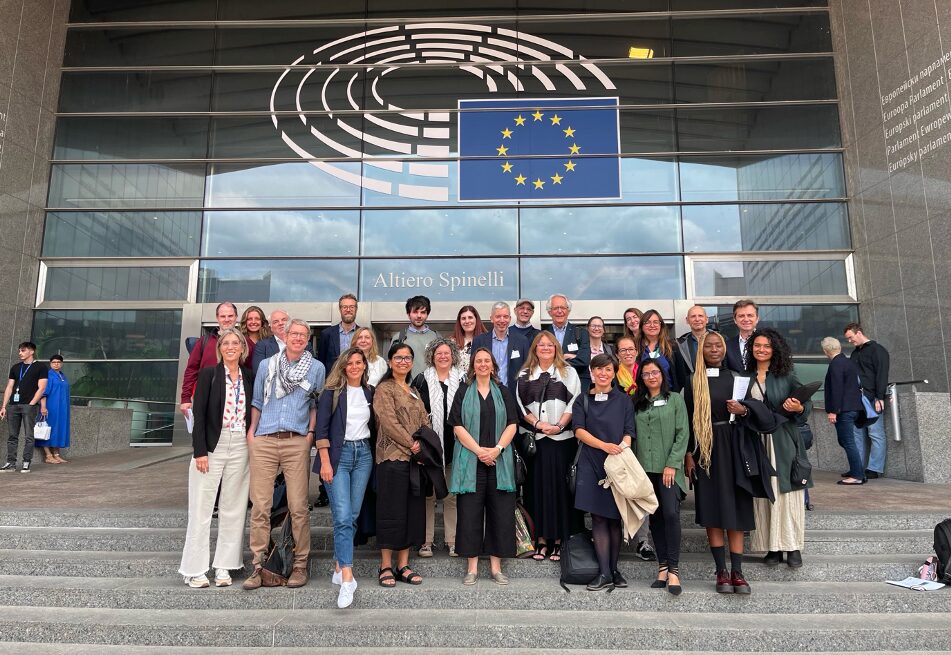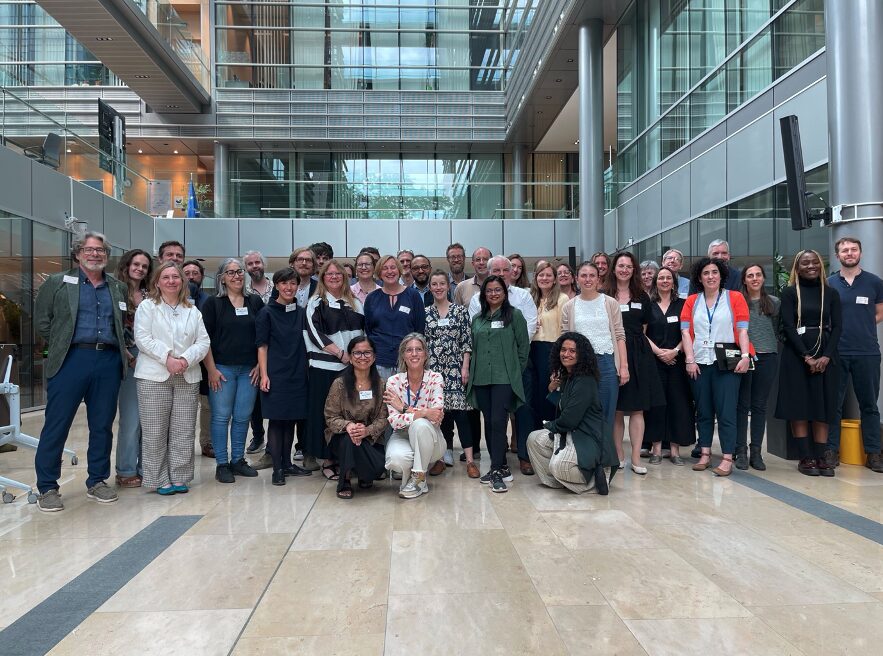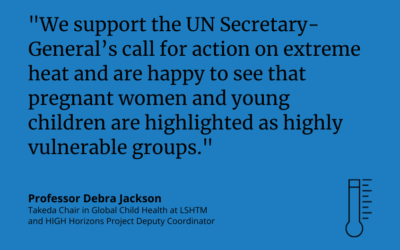Newly planted trees outside South African health facilities promise cooling shade for pregnant women and health workers
Walk up to a health facility in Tshwane, South Africa on a hot summer morning, and you are likely to find long, snaky queues of people, including pregnant women, waiting outside—in the full sun. “It’s scorching, but they don’t have shady places,” said Pamela Tshandu,...
CHAC 2024: Highlights from HIGH Horizons presentations at Africa’s first-ever climate health conference
HIGH Horizons researchers are proud to have taken part in Climate and Health Africa Conference 2024(CHAC), the first conference in history to focus solely on the intersection of climate change and health in Africa. The conference, held from 29-31 October, in Harare,...
Bridging the gap between scientific evidence and policy
“It’s not so much about how politicians can listen to researchers; it’s more about how we can work together to build spaces for discussion and create public policies together, finding a common language of understanding,” Leire Pajín Iraola, Member of the European...
IDAlert Experts Join UN Climate Change Initiative on Global Goal for Adaptation
We’re proud to announce that two of experts in the IDAlert projects, Shouro Dasgupta and Jan Semenza, have been selected to join an international consortium of 78 specialists convened by the United Nations Framework Convention on Climate Change (UNFCCC). This...
Integrating health risks in Nature-Based Solutions
We are pleased to invite you to a special webinar organised by the IDAlert project that addresses the critical intersection of nature-based solutions (NbS), climate change, and public health on 5 December from 15:00 to 16:30. While NbS are widely recognised for their...
Third annual IDAlert gathering: sharing insights and progress
Third annual IDAlert gathering: sharing insights and progress The IDAlert project, launched in June 2022, is making significant progress in addressing the growing threat of vector-borne diseases in Europe and beyond. With a consortium of 19 partners from Sweden,...
Climate Change and Vector-Borne Diseases on Kastellorizo Island
Climate Change and Vector-Borne Diseases on Kastellorizo Island A recent study conducted as part of the IDAlert project has shed light on the impacts of climate change on vector-borne diseases, focusing on mosquito populations on the remote Greek island of...
Lancet Countdown 2nd Indicator Report & IDAlert’s Contribution: Interview with Kim van Daalen and Rachel Lowe
The Lancet Countdown in Europe’s second indicator report was launched on 13 May 2024. This report is the result of a research collaboration to monitor health and climate change in the region, following the Lancet Countdown global countdown approach. The Lancet...
Navigating the Shifting Landscape of Social Media Data for Climate and Health Research
Climate change is undeniably one of the most pressing challenges of our time, with far-reaching consequences for human health and well-being. Understanding public perceptions and experiences related to climate-induced health hazards is crucial for developing effective...
HIGH Horizons applauds the UN Secretary-General call for global action on extreme heat
Last week, the UN Secretary-General António Guterres called for urgent action to address extreme heat, drawing attention to increasing global temperatures and the health and economic impacts of the climate crisis. The Secretary-General called for urgent actions to...


